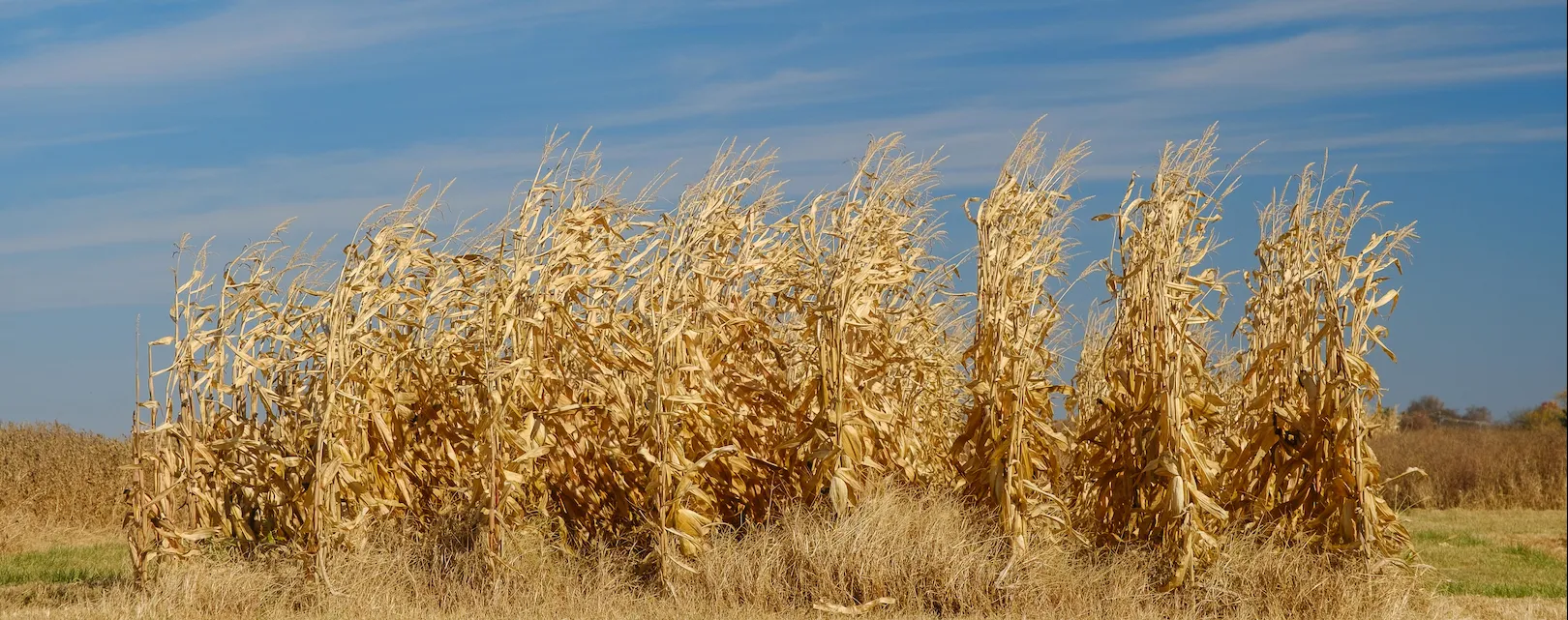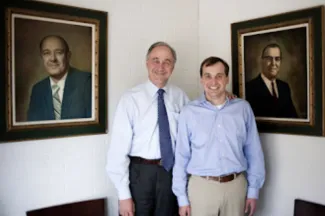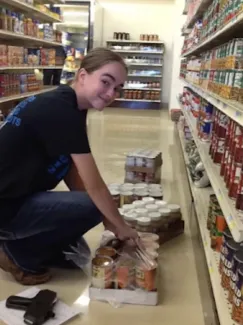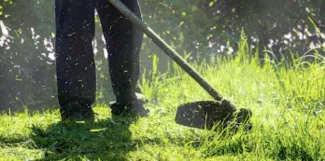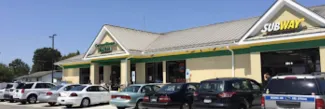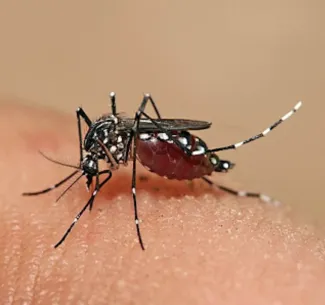With their super-cheap product prices and ubiquitous presence in U.S. chain stores, Chinese companies began wiping out small U.S. business manufacturers beginning in the 1990s. But not every business decided closing was the only option. Milton Magnus, an American steel wire hanger maker from rural Leeds, Alabama, decided fighting back was the only way his family business.
Small-town grocery stores have closed at an alarming rate over the past two decades. "Teachers in Cody-Kilgore, a small district nestled in the Nebraska Sandhills, were determined not to let that be their town's story.
Climate change and extreme weather are destroying U.S. bridges in what is quickly becoming a national crisis. "America’s bridges, a quarter of which were built before 1960, were already in need of repair.
Plenty of stories can be found when local journalists dig into their community's lawn-care practices
If you're a local environmental journalist, you need to go no further than examining your community's lawn care for possible stories. "Let’s be real: Green lawns are anything but natural," writes Joseph A. Davis for the Society of Environmental Journalists.
Update: On Sept. 13, the Boar's Head website announced the indefinite closure of its Jarratt, Virginia plant. The company also included their decision to permanently discontinue making liverwurst. Christina Jewett and Teddy Rosenbluth of The New York Times report, "Union officials said the plant’s 500 workers would be given severance and offered relocation."
Solving the U.S. fentanyl overdose crisis has led to political discussions about decreasing methadone treatment restrictions. A recent proposal by a bipartisan group of U.S. senators seeks to save lives by "allowing addiction specialists to prescribe [methadone] outside of the clinics now permitted to dispense it.
During an average day, many people never think about mosquitoes, but perhaps the tiny arthropod deserves more consideration. Weighing in at a mere 2.5 milligrams (about 180,000 mosquitoes equal a pound), a female mosquito is considered the most deadly animal on earth.
Glen Ullin, North Dakota, was once a bustling railway town, but as the town aged, its population steadily declined, leaving many older residents in need of extra help from fewer people.
When tropical storm Debby drenched stretches of the northeastern U.S., it left roads, homes and businesses massively damaged or even washed away. The catastrophe spotlighted a continuing trend of extreme rainfall fueled by climate change hammering communities that were never considered a flood risk.
